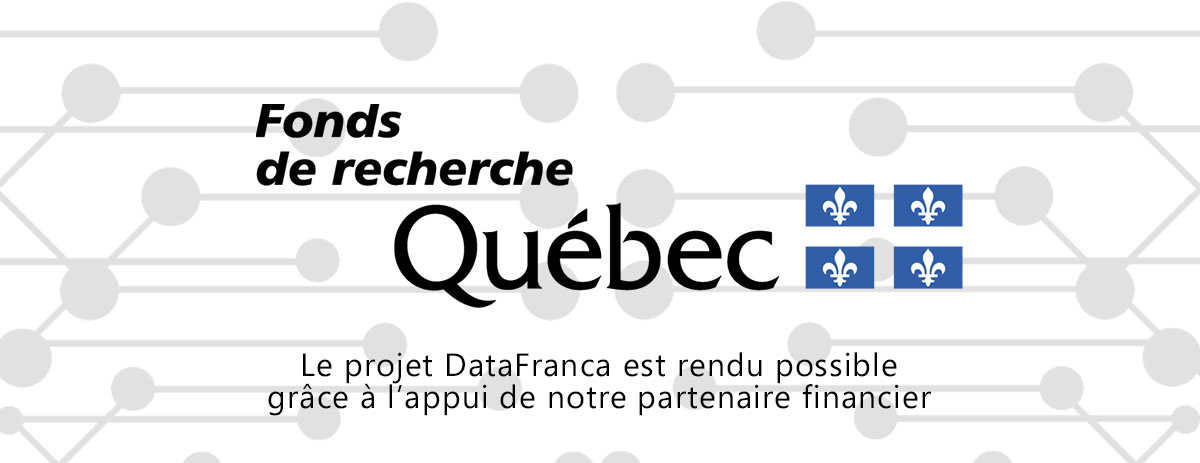Apprentissage automatique quantique
en construction
Définition
XXXXXXXXX
Français
XXXXXXXXX
Anglais
Quantum machine learning
Quantum machine learning is the integration of quantum algorithms within machine learning programs.[1][2][3][4][5][6] The most common use of the term refers to machine learning algorithms for the analysis of classical data executed on a quantum computer, i.e. quantum-enhanced machine learning.[7][8][9][10] While machine learning algorithms are used to compute immense quantities of data, quantum machine learning utilizes qubits and quantum operations or specialized quantum systems to improve computational speed and data storage done by algorithms in a program.[11] This includes hybrid methods that involve both classical and quantum processing, where computationally difficult subroutines are outsourced to a quantum device.[12][13][14] These routines can be more complex in nature and executed faster on a quantum computer.[2] Furthermore, quantum algorithms can be used to analyze quantum states instead of classical data.[15][16] Beyond quantum computing, the term "quantum machine learning" is also associated with classical machine learning methods applied to data generated from quantum experiments (i.e. machine learning of quantum systems), such as learning the phase transitions of a quantum system[17][18] or creating new quantum experiments.[19][20][21][22] Quantum machine learning also extends to a branch of research that explores methodological and structural similarities between certain physical systems and learning systems, in particular neural networks. For example, some mathematical and numerical techniques from quantum physics are applicable to classical deep learning and vice versa.[23][24][25] Furthermore, researchers investigate more abstract notions of learning theory with respect to quantum information, sometimes referred to as "quantum learning theory".[26][27]
Contributeurs: Arianne Arel, Imane Meziani, Jean Benoît Morel, wiki










